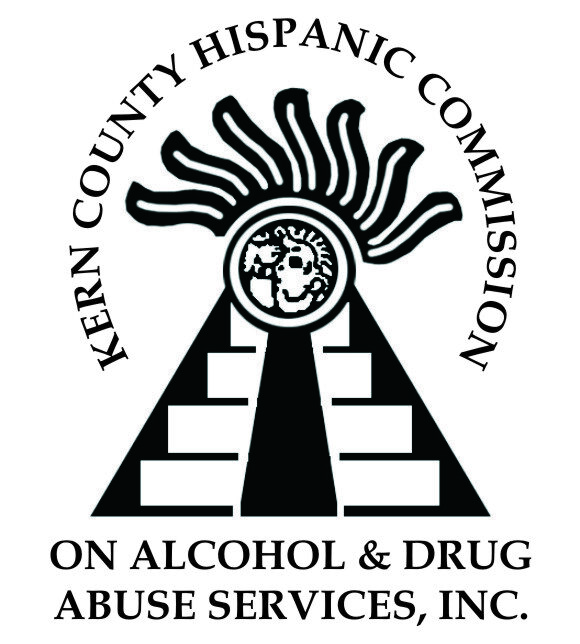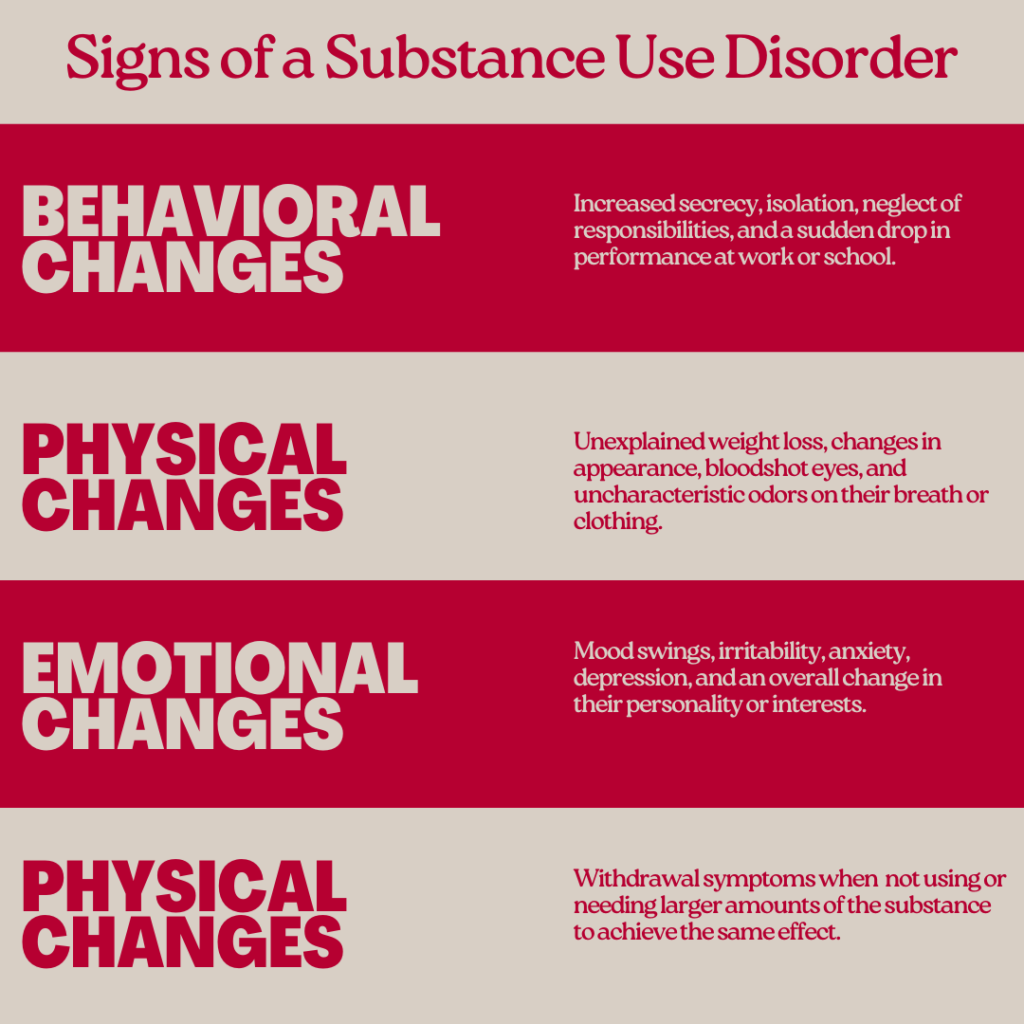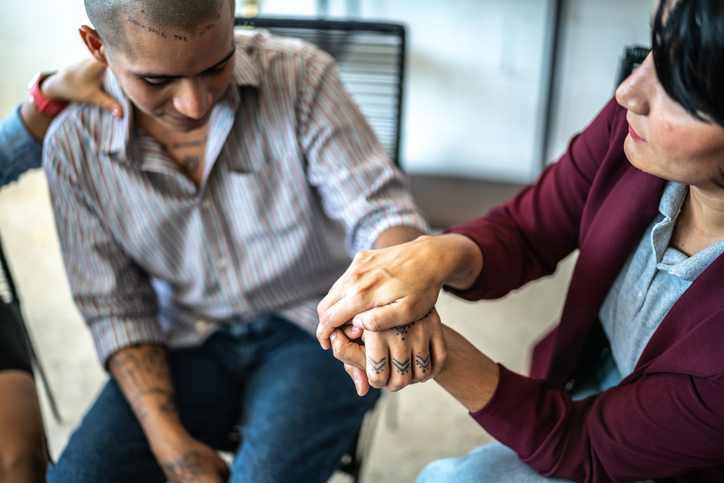The holiday season is often synonymous with joy, laughter, and cherished moments spent with loved ones. However, for those grappling with a substance use disorder or supporting a loved one who is, this time of year can be particularly challenging. The festivities may amplify feelings of isolation, stress, and the temptation to indulge in unhealthy behaviors. In this article, we’ll explore ways to support a loved one struggling with substance use during the holiday season, fostering an environment of understanding, compassion, and hope.

- Educate Yourself:
Understanding the complexities of substance use is crucial in providing effective support. Take the time to educate yourself about the specific substance involved, its effects, and the challenges associated with addiction. Knowledge empowers you to approach the situation with empathy, dispel misconceptions, and offer informed assistance.
- Open Lines of Communication:
Initiate open and honest conversations with your loved one about their struggles. Choose a time and place where they feel comfortable sharing their thoughts and feelings. Express your concern without judgment and let them know you are there to support them. Effective communication is the foundation for building trust and fostering a sense of connection.
- Offer Non-Judgmental Support:
It’s essential to approach the situation without passing judgment. Addiction is a complex issue with multiple factors at play, and individuals struggling with substance use often face internal conflicts and shame. Provide a listening ear, offer encouragement, and assure your loved one that seeking help is a sign of strength, not weakness.
- Plan Substance-Free Activities:
The holiday season is rife with opportunities for celebration, but it doesn’t have to revolve around substances. Plan activities that promote a substance-free environment, such as board games, movie nights, or outdoor excursions. These alternatives not only provide distraction but also reinforce the idea that enjoyable experiences can be had without relying on substances.
- Be Mindful of Triggers:
Identify potential triggers that may exacerbate your loved one’s substance use. These triggers can include specific events, environments, or even certain individuals. Work together to develop strategies for navigating these situations and provide support during challenging times.
- Encourage Professional Help:
Recovery often requires professional intervention. Encourage your loved one to seek help from healthcare professionals, therapists, or support groups. Offer assistance in researching and connecting with appropriate resources, and emphasize the importance of a comprehensive approach to recovery.
- Set Boundaries:
While providing support is crucial, it’s equally important to establish and communicate healthy boundaries. This may involve setting limits on enabling behaviors or clearly defining expectations regarding substance use. Boundaries help create a supportive environment without enabling destructive patterns.
- Take Care of Yourself:
Supporting a loved one with substance use challenges can be emotionally draining. It’s essential to prioritize your well-being to maintain the strength needed to assist others. Seek your own support network, practice self-care, and consider joining groups for families and friends affected by addiction.
The holiday season can be a challenging time for those struggling with substance use and their loved ones. By educating ourselves, fostering open communication, and creating a supportive environment, we can make a positive impact on the journey to recovery. Remember that addiction is a complex issue, and seeking professional help is a crucial step toward a healthier, happier future for both individuals and their support systems.
Help us fulfill our mission!




